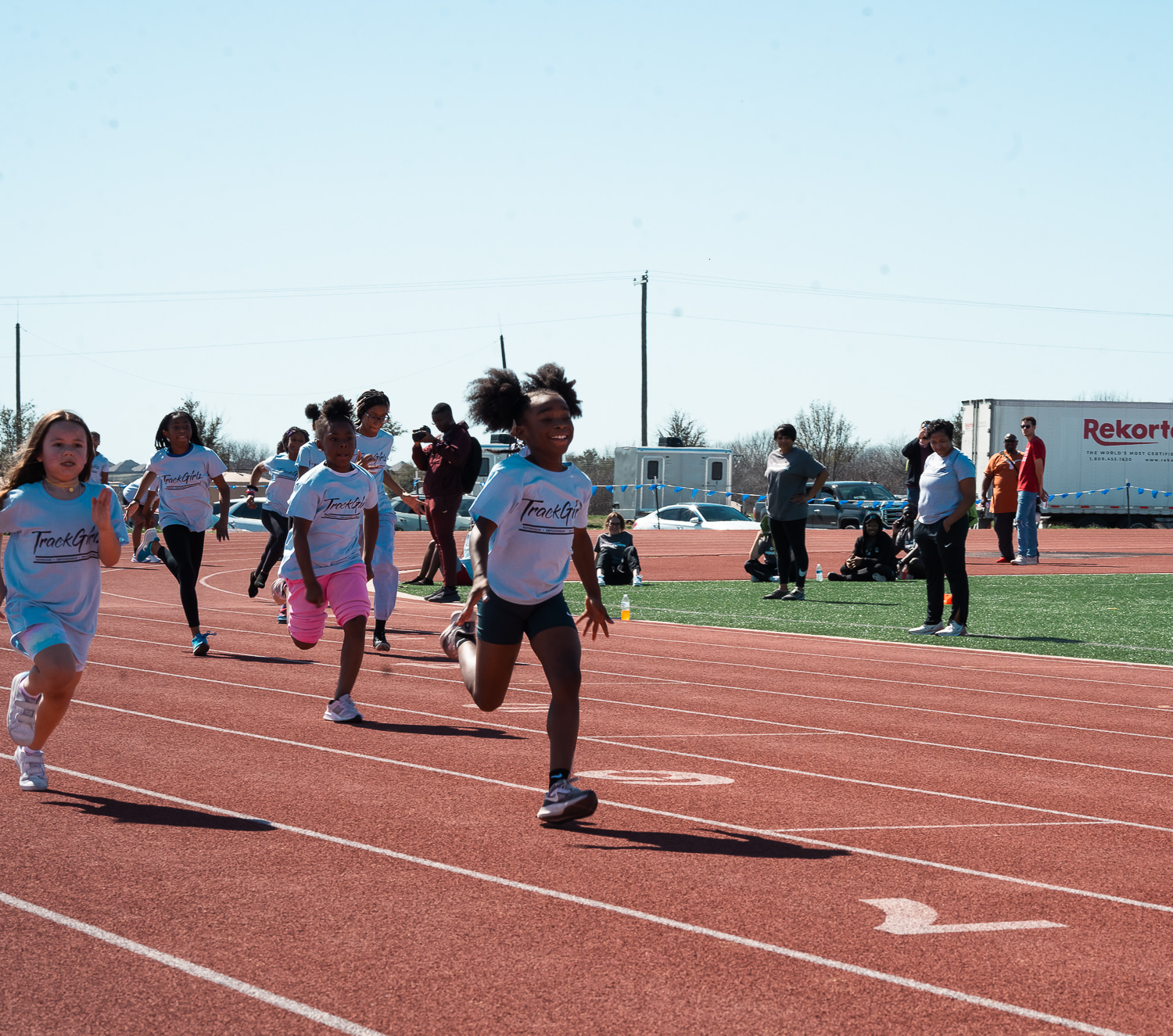May is Mental Health Awareness Month, a time to reflect on the importance of mental well-being for athletes. At TrackGirlz, we understand that mental health is just as critical as physical health, especially in a demanding sport like track and field. While athletes spend countless hours training their bodies, they must also dedicate time to strengthening their minds.
The Unseen Mental Challenges in Track & Field
Track and field is often seen as a test of physical strength and speed, but it’s mental resilience that often determines long-term success. Behind every performance lies a battle with pressure, self-doubt, and the fear of failure—challenges that can weigh just as heavily as physical fatigue.
Young athletes, especially, may struggle when results don’t meet expectations. It’s easy to assume top performers are immune to these struggles, but the reality is: everyone faces them. The key difference is how they manage their mindset.
“Mental health is just as important as physical health, and we have to stop treating it like it’s something separate.” – Allyson Felix
Breaking the Stigma
For too long, mental health in sport has carried a stigma. Athletes are often told to “tough it out” rather than acknowledge the emotional toll of competition. But ignoring mental well-being only widens the gap between potential and performance.
Success isn’t just about running faster or jumping higher—it’s about having the strength to face challenges head-on, ask for help when needed, and keep moving forward.
Resilience: The Foundation of Growth
From injuries to tough losses, setbacks are part of every athlete’s journey. What sets great athletes apart is resilience—the ability to learn, grow, and bounce back stronger. Like muscles, the mind needs consistent training to handle stress, pressure, and adversity.
“No matter how many times you fall, you have to get back up. It’s the only way to succeed.” – Michelle Carter
Supporting Mental Health in Track and Field
At TrackGirlz, we aim to foster an environment where mental health is prioritized alongside physical development. To do this, we need to create safe spaces for athletes to talk about their struggles without fear of judgment. It’s vital that coaches, parents, and teammates understand the importance of mental health and encourage open conversations.
In addition, athletes must be taught that it’s okay to not be perfect. Perfectionism can create unnecessary pressure and anxiety, leading to burnout and frustration. Instead, focusing on progress and resilience allows athletes to stay grounded and motivated, even when they face setbacks.
How We Can Make a Difference
- Normalize the Conversation: Encourage athletes to talk openly about their mental health struggles. The more we talk about it, the less stigma there is around seeking help.
- Encourage Balance: Help athletes understand the importance of rest, not just physically but mentally. Recovery time is essential for maintaining overall well-being.
- Focus on the Process, Not Perfection: Celebrate progress, no matter how small. Help athletes realize that setbacks don’t define them—they are opportunities to learn and grow.
- Create a Supportive Environment: Surround athletes with people who are empathetic and understanding. A supportive community can make a huge difference in an athlete’s mental well-being.
Why Mental Health Awareness Matters
This Mental Health Awareness Month, we want to remind young athletes that their mental health is just as important as their physical health. Mental toughness is developed through resilience, self-belief, and the support of those around them. As we continue to build the next generation of athletes, we must ensure they know that taking care of their mental health is key to their success. We believe that by prioritizing both physical and mental well-being, we can empower young girls to reach their full potential, not just as athletes, but as confident, resilient individuals.





Leave a Reply